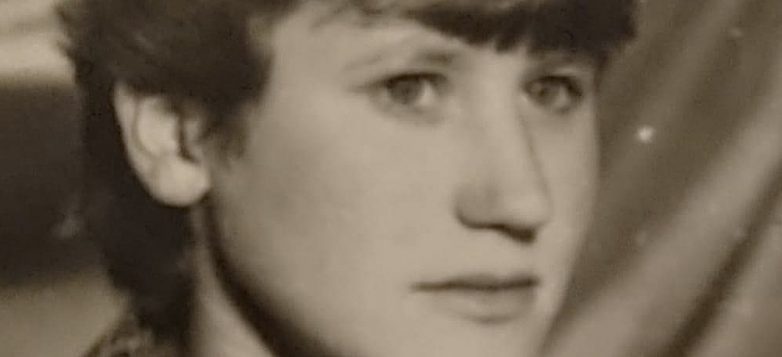There I was surprised by my mother’s stance, Zelfie, without a single day of formal education. But she devoted body, heart and soul to the cause of Kosovo. When she got up [there], I saw that my mother was brave, like many other mothers from Kosovo. My mother wore a headscarf, she was covered when she went out on the street. I don’t know, but it was surprising to me. When she got up to get ready, she tied her scarf around her mouth {describes with hands} and filled it with onions. She filled the scarf with onions. Then we all went out. I was there in the frontlines. There were many other women, there were many others. We began the demonstration, ‘Independence, Democracy, Republic!’ The slogans of that time, ‘Freedom!’ The first teargas was thrown in that neighborhood. You have no idea. […] When the first teargas was thrown in front of the demonstrators, my mother had layered dimia, she opened those layers and sat on top of the teargas canister. We all yelled terrified, ‘Don’t, don’t, don’t!’ She managed to get that teargas before exploding. Because it was making that zzzz {onomatopoeia} it made, before releasing the gas. […] And my mother threw [the teargas] back at them. The whole crowd began to mobilize and throw them back. That was the last straw which revolted the policemen when they saw how we were mobilizing quickly.
Zelije Kryeziu Ramadani was born in 1966 in Suhareka. In 1984 she studied in the Faculty of Agriculture at the University of Pristina. From 1982 to 1987, due to her political activity, she was continuously taken in for interrogations by the State Security. In 1995, to avoid political persecution, she fled to Germany. She continued her political and cultural activities in Germany as well, where she currently lives.
